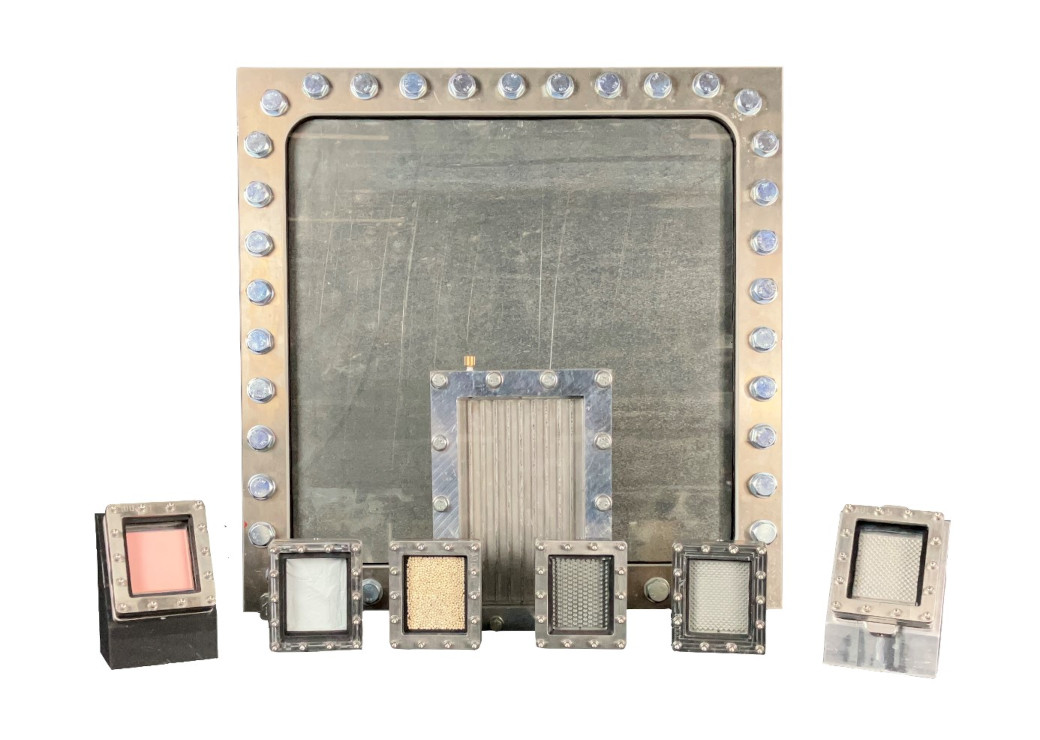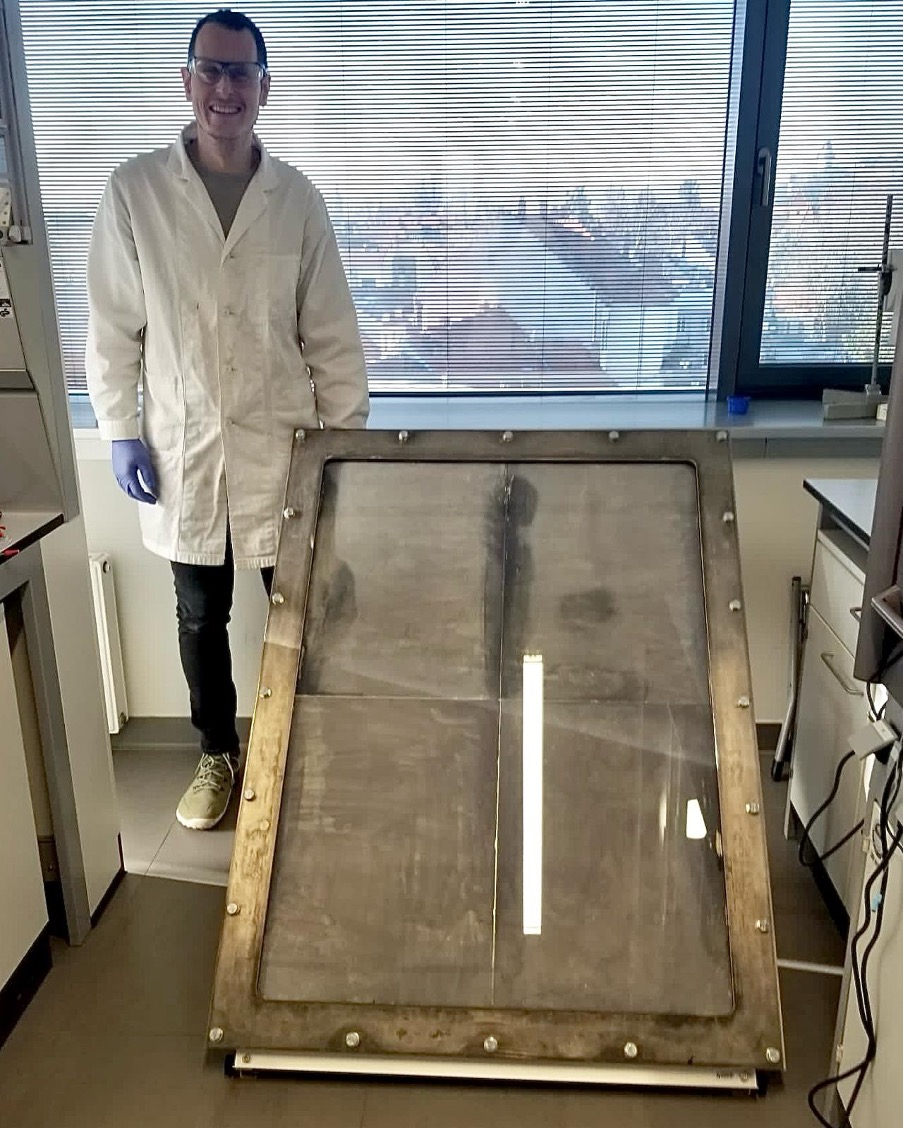Austrian company Redeem’s new technology for solar hydrogen
While hydrogen is considered the energy source of the future, with several applications already being tested along with numerous potential use cases, its adoption is hindered by high costs and logistical difficulties. The main challenges lie in the generation of a significant quantity of hydrogen and, more importantly, in the sustainability of the process.
Photocatalytic reactors have the potential to address these problems by producing relevant amounts of hydrogen in a sustainable and cost-efficient way. These reactors offer an alternative solution to the problem of producing and transporting hydrogen locally. This approach replaces photovoltaic cells and electrolysis equipment with photocatalytic reactors, ensuring seamless separation and recyclability for enhanced cost-effectiveness.
The solution by Redeem Solar Technologies
The Austrian company Redeem Solar Technologies, incubated in the ESA BIC Austria, is developing a new technology that produces solar hydrogen by using channel plate reactors packed with a specially designed photocatalyst and equipped with membrane sheets for immediate hydrogen purification.
As part of this project, the company, together with Hycenta, RHP, and TU Wien, will explore the feasibility of using its solar hydrogen reactor and catalyst technology to supply green hydrogen to the aerospace sector, which currently accounts for over 2.5% of annual carbon emissions.
The Redeem photoreactor combines the capabilities of a photovoltaic cell, electrolyser and purification unit into a single system. It operates at ambient temperature, without the need for battery storage, current converters, or special metallurgy.
This streamlined approach reduces cost and complexity compared to traditional systems, while its modular, scalable design provides the necessary redundancy. This photoreactor can produce green hydrogen on-site from a variety of sources including fresh, waste and salt water, ammonia, and liquid organic hydrogen carriers (LOHC) by changing the photo-catalyst and making it the most versatile solution on the market. This distinctive reactor design enables exceptional adaptability by incorporating customised catalysts.
The new technology
Redeem's photoreactor consists of two components: a catalyst, a substance that speeds up the chemical reaction without itself being consumed, and the hardware where the entire reaction occurs. Leveraging their aerospace expertise and technology, RHP was able to support the project by optimising the reactor through mechanical simulations and metal processing technologies.
The simulation calculates the safety factor and the allowable pressure drop. The resulting model optimises the thickness and weight of the individual reactor's metal components and simulates temperature and pressure fluctuations.
For further optimisation, RHP produces channel plates that also function as mixers, using a machining technology and process similar to those used in the components production for gas pressure systems in the satellite sector.
Redeem Solar Technologies was born to unveil humanity's most sustainable chemical marvels, igniting a path towards a brighter and greener future.
The applications
A single reactor panel can instantly produce hydrogen upon sunlight exposure. Its panel-form makes the hydrogen generation ideal in various locations, such as airports or manufacturing facilities. It is particularly well-suited for space applications with abundant ultraviolet light. Redeem's technology supports the ESA's and NASA's In-Situ Resource Utilisation (ISRU) approach, by providing an opportunity to produce green hydrogen in space without bringing complicated supplies from Earth.
"Green hydrogen production is a key challenge for mastering the sustainable energy transition – Redeem's technology is extremely promising in that respect," says Dr. Susanne Katzler-Fuchs, CEO of Brimatech and responsible for ESA Technology Transfer Austria.
Green hydrogen production is a key challenge for mastering the sustainable energy transition – Redeem's technology is extremely promising in that respect.


